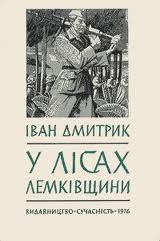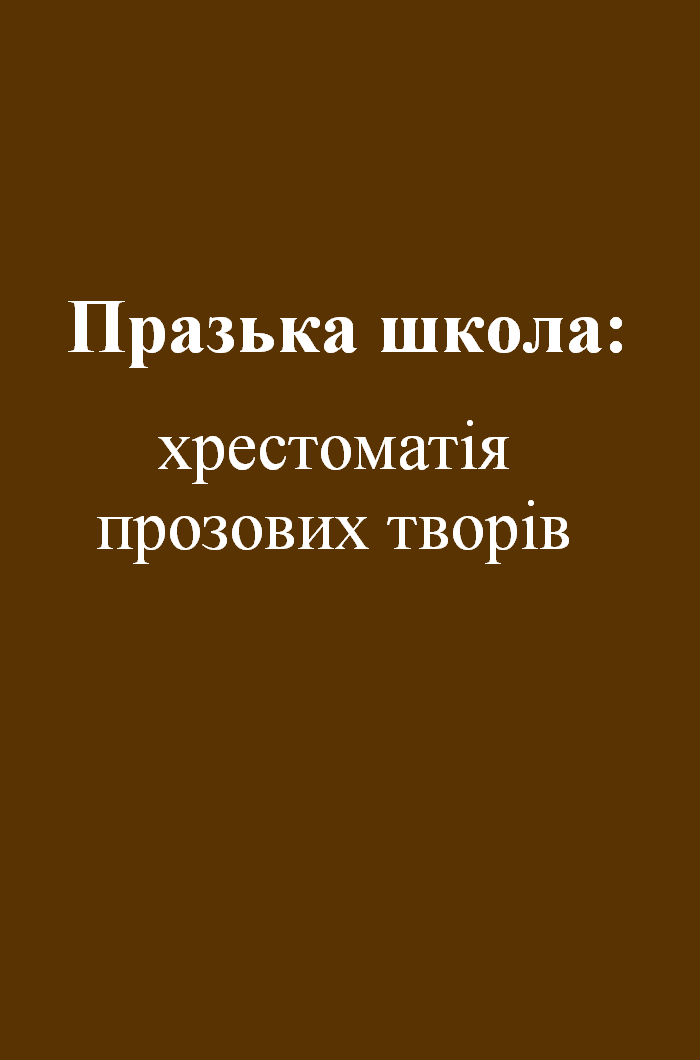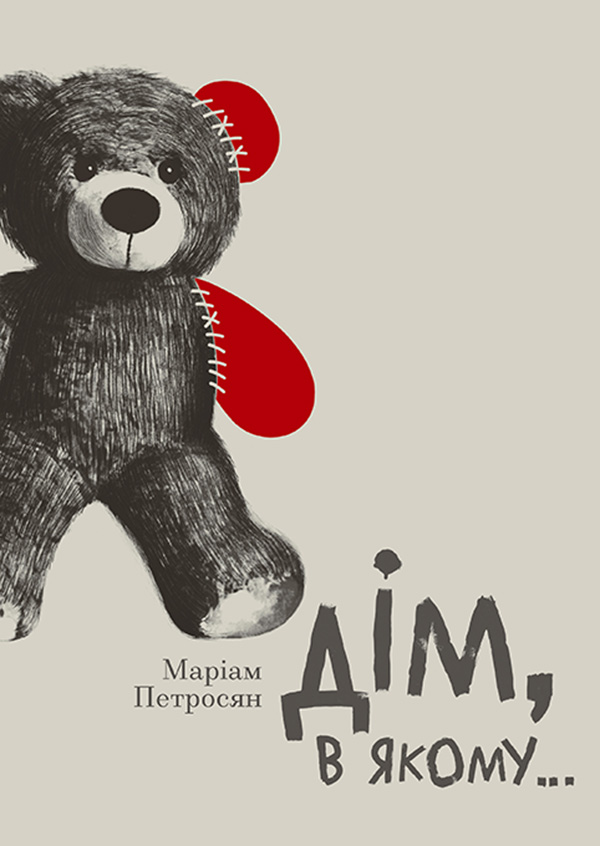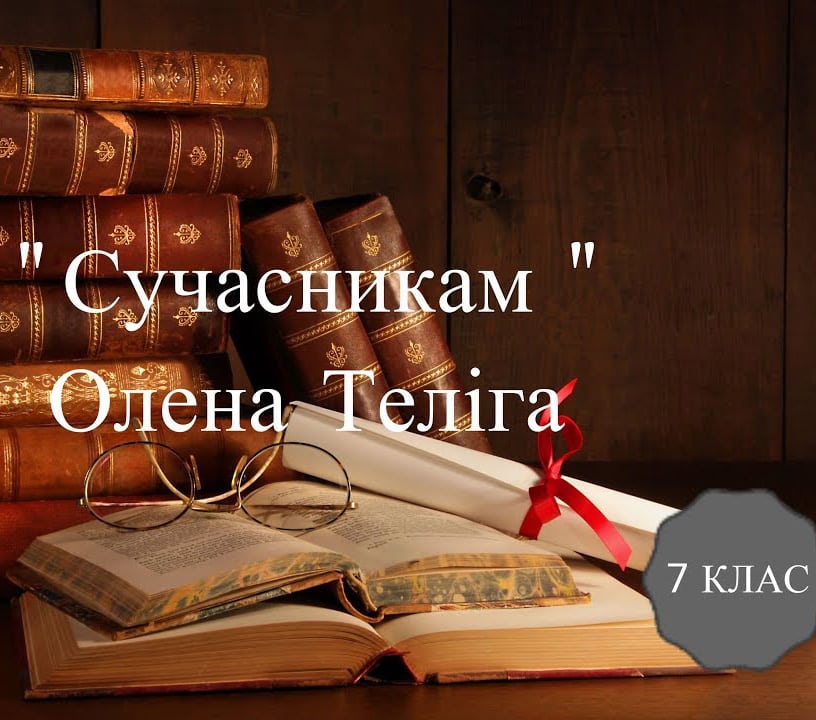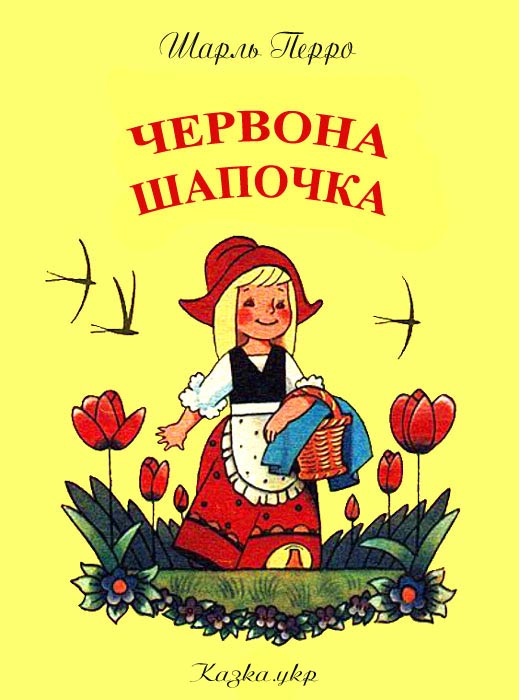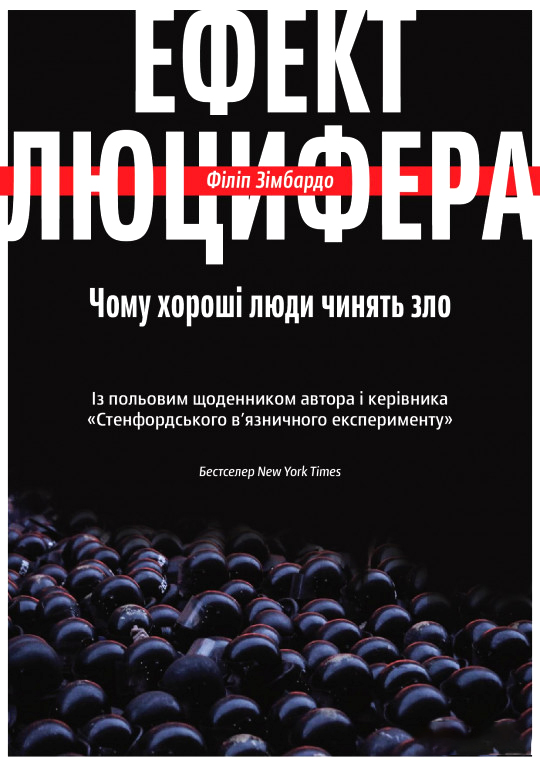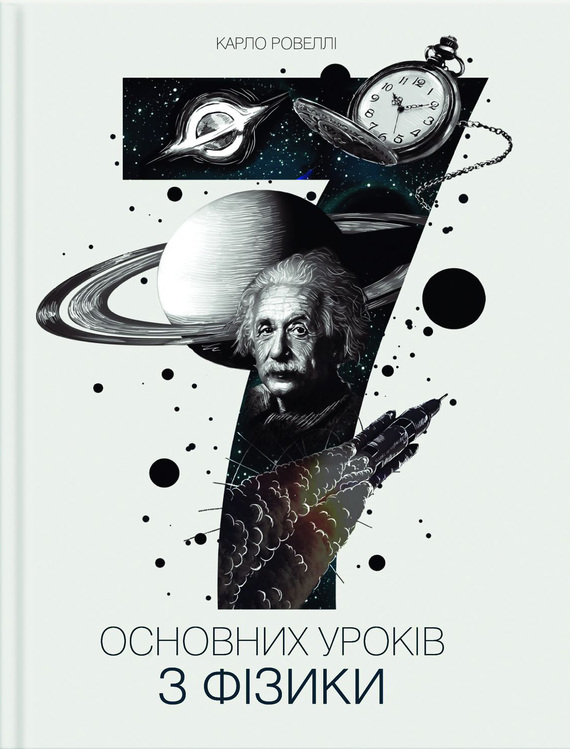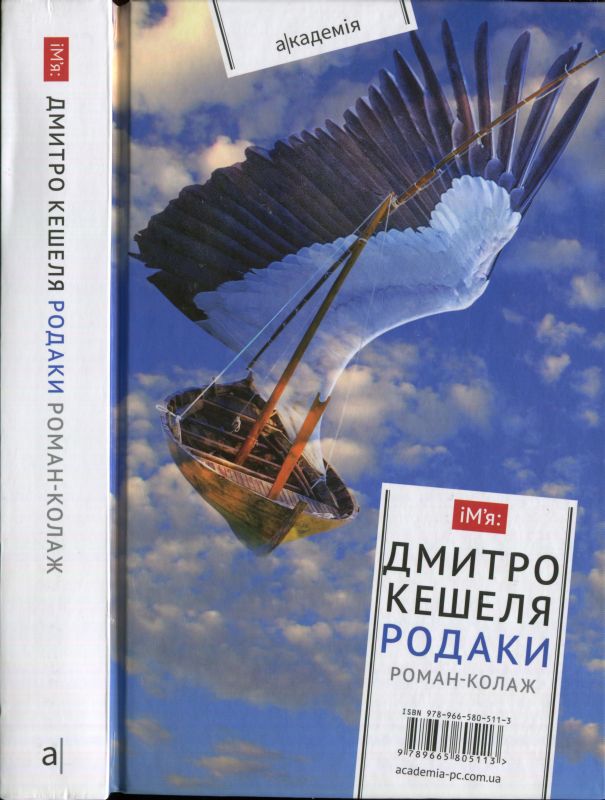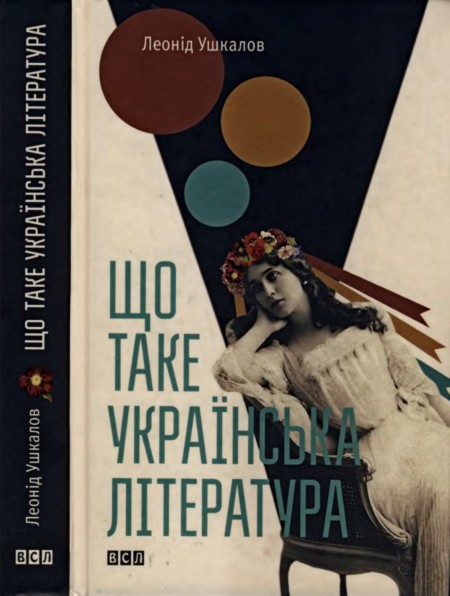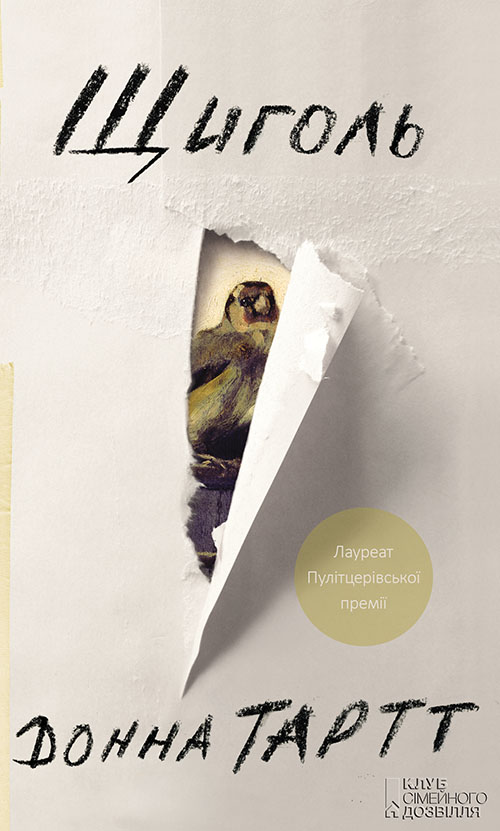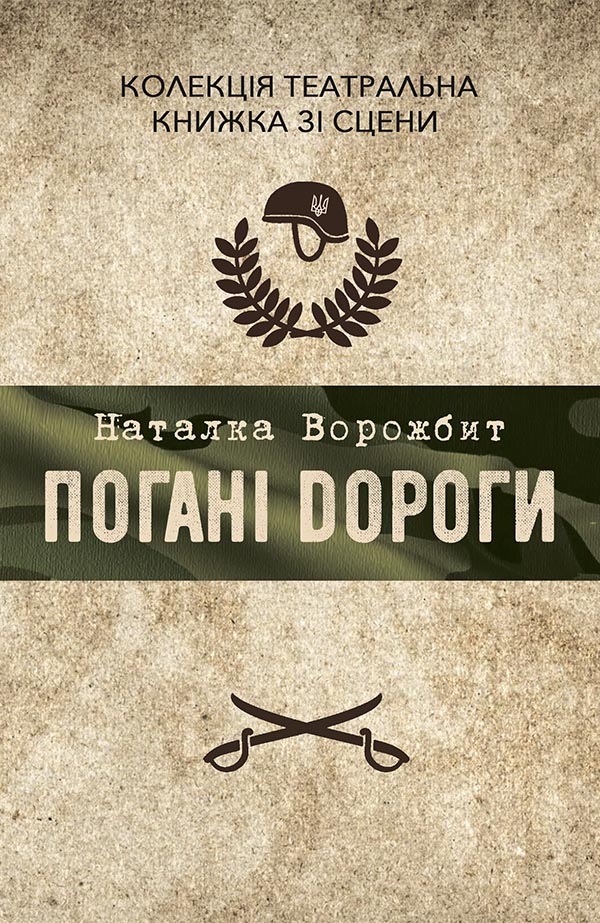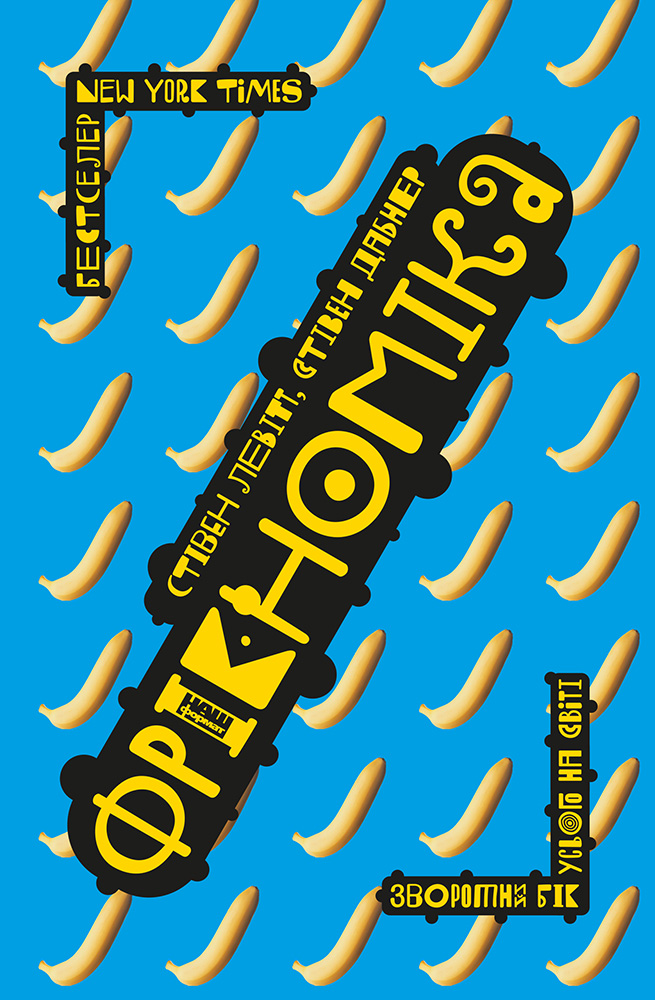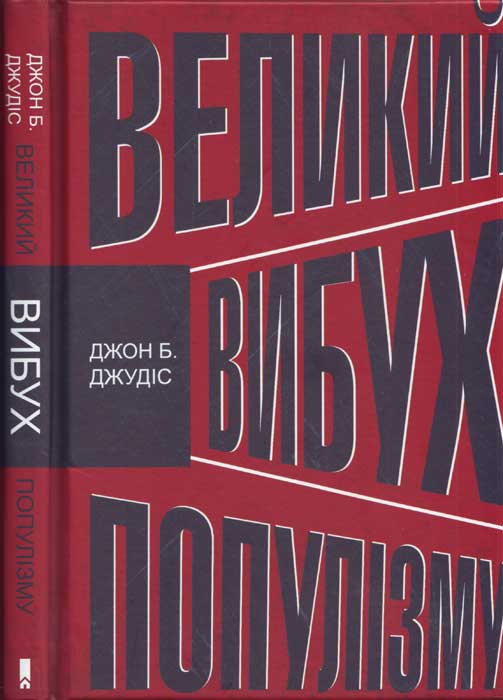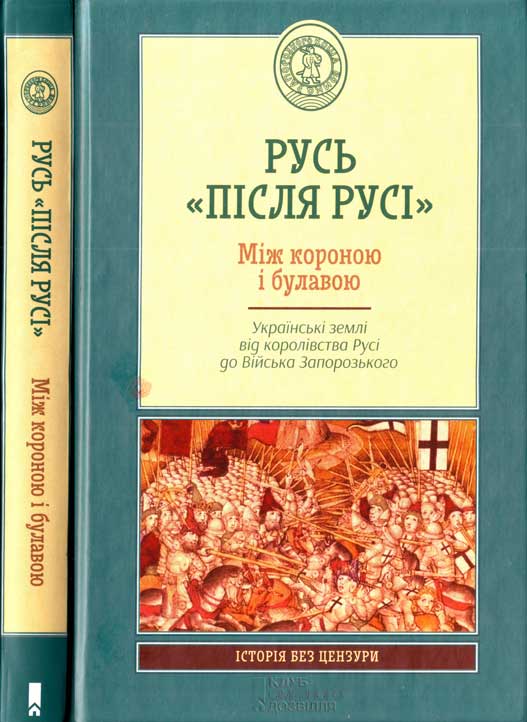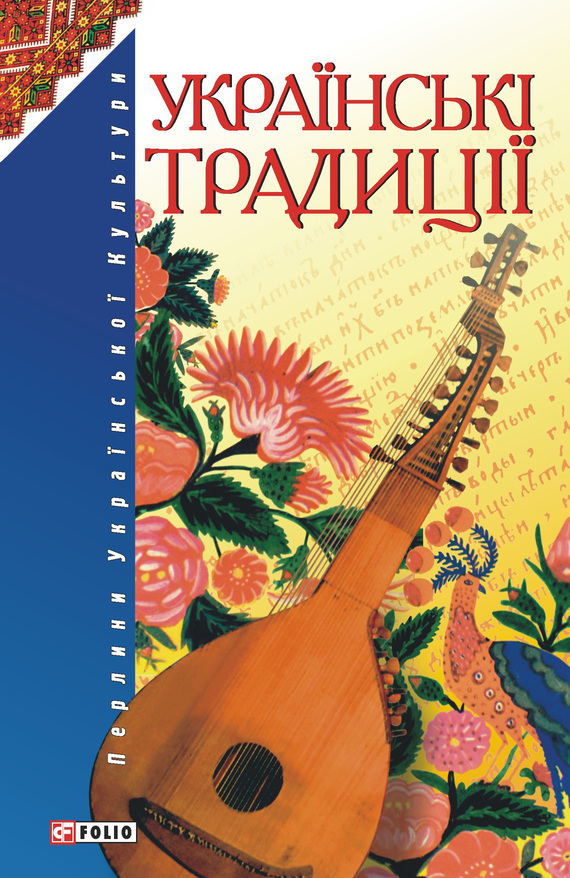Читати книгу - "Genghis Khan and the Making of the Modern World"
Шрифт:
Інтервал:
Додати в закладку:
The mounted princes of Russia sat astride their massive warhorses with their shiny javelins, glistening swords, colorful flags and banners, and boastful coats of arms. Their European warhorses had been bred for a massive show of strength—to carry the weight of their noble rider’s armor on the parade ground—but they had not been bred for speed or agility on the battleground. In their heavy metal armor, the Russians normally had little to fear on the battlefield from other European aristocrats mounted on similar show horses, but with their infantry routed all around them, they, too, had to flee—but beautiful as their horses were, they could not carry the heavy loads for long. The Mongols overtook the ironclad warriors, and one by one killed the reigning princes of the city-states of Russia. The Mongols continued chasing and slaughtering the Russians all the way back to the Black Sea, where the campaign began. In the words of the Novgorod Chronicle entry for 1224, of the large army sent out to fight the Mongols, only “every tenth returned to his home.” For the first time since the attack of the Huns on Europe nearly a thousand years earlier, an Asian force had invaded Europe and utterly annihilated a major army.
At the end of the campaign, Subodei and Jebe led their soldiers down to spend a relaxing spring in the Crimea on the Black Sea. They celebrated their victory with a great drunken party that lasted for days. The guest of honor was the defeated Prince Mstislav and his two sons-in-law, but their treatment showed how much the Mongols had changed since the time of Genghis Khan. The Mongols wrapped the three of them in felt rugs, as befitted high-ranking aristocrats, and stuffed them beneath the floorboards of their ger, thereby slowly, but bloodlessly, crushing the men as the Mongols drank and sang through the night on the floor above them. It was important to the Mongols that the Russians understand the severe penalty for killing ambassadors, and it was equally as important for the Mongol leaders to reaffirm to their own men the extent to which they would always be willing to go to avenge the unjust killing of a Mongol.
Although the chroniclers of Armenia, Georgia, and the trading cities of ancient Russia recorded the appearance of the Mongols, they were totally mystified as to who these people were, and where they went when they left. The chroniclers interpreted their own defeat at the hands of these strangers as a punishment from God. Since the Mongols did not stay to occupy the land but continued on their trek back to Mongolia, the Europeans quickly forgot the Mongol victories and returned to their own squabbles. In the Christian interpretation, the Mongols had fulfilled God’s wish to chastise the people, so God sent them home again. As explained by the Novgorod Chronicle, “the Tartars turned back from the river Dnieper, and we know not whence they came, nor where they hid themselves again; God knows whence he fetched them against us for our sins.”
Twelve years after Subodei’s first victory over the Russians, participants at Ogodei’s khuriltai reviewed the information about the earlier Mongol victory. Ogodei’s primary interest was the wealth accrued from the European campaign, not the battle tactics. Despite the stunning victory on the battlefield, the expedition had produced little loot compared with the Chinese or Muslim campaigns. Because Subodei’s force had not had time or the numbers to organize a campaign against the walled cities, they had brought back little, but his reconnaissance revealed that there were many cities. More important, during their rest to fatten the horses in the Crimea, the Mongols discovered trading centers manned by the merchants of Genoa, some of which the Mongols had raided.
Ogodei seemed to dislike, and perhaps mistrust, Subodei, and the feelings seemed largely mutual. Subodei’s position was most strongly supported by the family of Jochi, who lived in the far western steppe and had inherited the lands conquered by Subodei around the Volga River. After Jochi’s death, he had been succeeded in the office of khan of his lineage by his son Batu. As the second eldest and one of the most capable of Genghis Khan’s grandsons, Batu Khan was in the best position to be elected Great Khan when Ogodei died, and a campaign against Europe would add greatly to his wealth, prestige, and ultimate candidacy.
For much the same reasons that Batu wanted the campaign, Ogodei Khan resisted it. He personally stood much more to gain from a campaign against the Sung. In his position at the center of the Mongol Empire, the lands of two of his brothers’ families separated him from Europe, but only the land of his youngest brother, Tolui, lay between him and the Sung dynasty. Conveniently for Ogodei, only three years earlier—in the fall, when the most fermented mare’s milk was available—forty-year-old Tolui had staggered drunk out of his tent one morning after a drinking binge and dropped dead. Ogodei immediately moved to annex his dead brother’s property, which included the ancestral homeland and Burkhan Khaldun, by arranging a marriage between his son Guyuk and Tolui’s widow, Sorkhokhtani, who was the Kereyid niece of the late Ong Khan. She refused, however, on grounds that her four young sons needed her undivided attention, a decision that later proved one of the most important in the history of the empire; but for now, her untested sons lacked the power to compete with their uncle, the Great Khan.
By moving south against the Sung, Ogodei would be increasing his presence in and surrounding the holdings of Sorkhokhtani, and he used the invasion as a pretext to assume command of some of the warriors who had been granted to her husband. Thus, for Ogodei, a campaign against the Sung could have the double benefit of bringing more
Увага!
Сайт зберігає кукі вашого браузера. Ви зможете в будь-який момент зробити закладку та продовжити читання книги «Genghis Khan and the Making of the Modern World», після закриття браузера.
